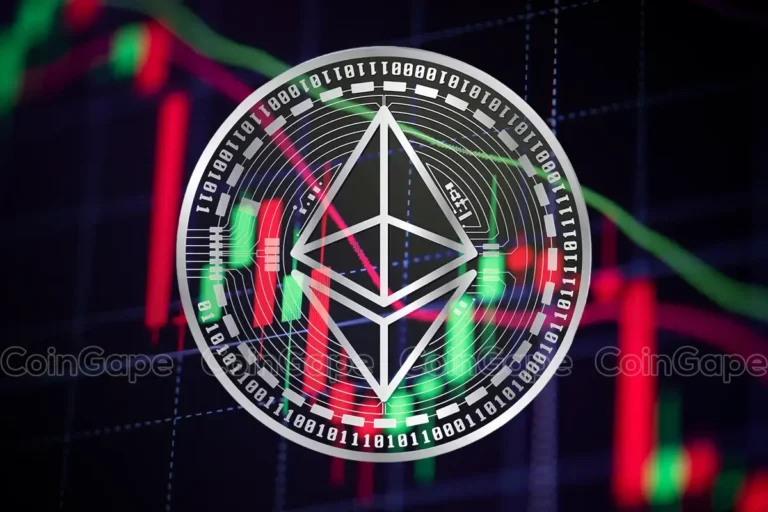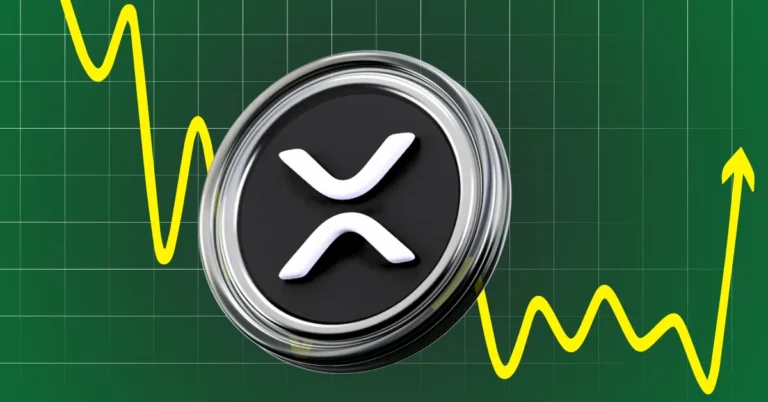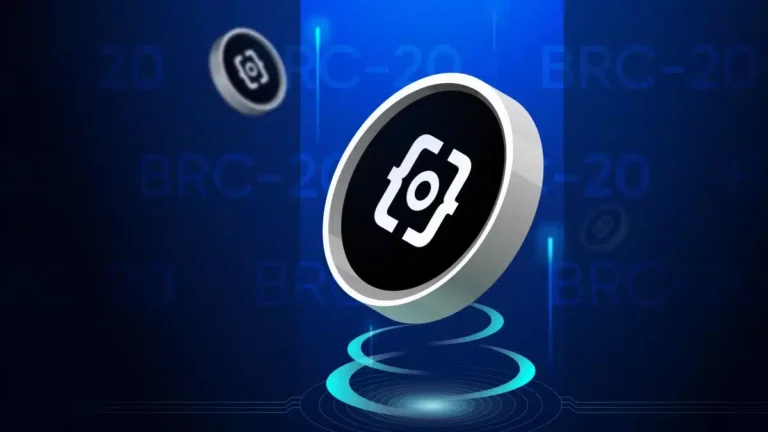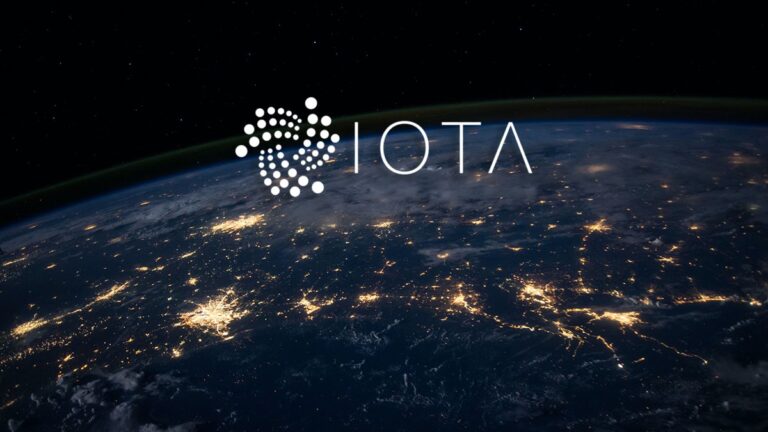Coinbase Addresses Zcash’s Hash Power Centralization, Enhances Security Measures

- Coinbase’s Blockchain Security Team has detected a concerning shift in Zcash’s hash power distribution, with ViaBTC controlling over 51% of the network’s computational power.
- Such centralization poses security risks, including double-spending attacks and transaction censorship.
Coinbase’s Blockchain Security Team recently sounded the alarm on a significant shift in the distribution of hash power within the Zcash network. This shift raised red flags as a single mining pool, ViaBTC, was found to have gained control of more than 51% of the network’s computational power. Such a situation can introduce security vulnerabilities and risks to blockchain networks.
In Proof-of-Work (PoW) blockchains like Zcash, miners compete to validate transactions by solving complex mathematical problems. However, if a single miner or mining pool amasses over 51% of the network’s hash power, it gains the ability to manipulate the blockchain, potentially executing double-spend attacks or censoring transactions. This centralization of control can jeopardize the security of user and exchange funds.
In response to these concerns and in line with its commitment to security, decentralization, and compliance with digital asset listing standards, Coinbase has taken several proactive steps:
- Increased Confirmation Requirement: Coinbase has raised the confirmation requirement for Zcash transactions to 110 blocks. This decision is aimed at reducing the risk of double-spending or fraudulent transactions. As a result, the deposit time has been extended from approximately 40 minutes to around 2.5 hours, providing added security for users.
- Limit-Only Trading Mode: To mitigate potential market volatility resulting from the centralization of hash power, Coinbase has transitioned its Zcash trading markets into a limit-only state. This move is designed to protect traders and maintain market stability.
- Engagement with Stakeholders: Coinbase has initiated discussions with the Electric Coin Company, the organization responsible for Zcash, as well as with ViaBTC. These conversations revolve around the risks associated with mining centralization. Coinbase has also offered recommendations for strategies that could be implemented to reduce the risk of a 51% attack.
Commitment to Blockchain Security
Coinbase places a strong emphasis on blockchain security when considering the addition of any blockchain to its exchange. A critical criterion is ensuring that no single entity possesses centralized control over the network. Additionally, Coinbase’s Blockchain Security Team continuously monitors existing blockchain networks for significant changes that might impact their security assessments. For PoW networks like Zcash, specialized hash power heuristics are employed to detect notable shifts in mining power.
Coinbase remains optimistic about a decentralized future for Zcash mining. While the current mitigations are believed to be effective in safeguarding users, the company underscores its ongoing collaboration with external partners to ensure the security of all participants in the cryptoeconomy. Coinbase commits to vigilant monitoring of the situation and is prepared to adjust its risk mitigations as needed to protect its customers.
















